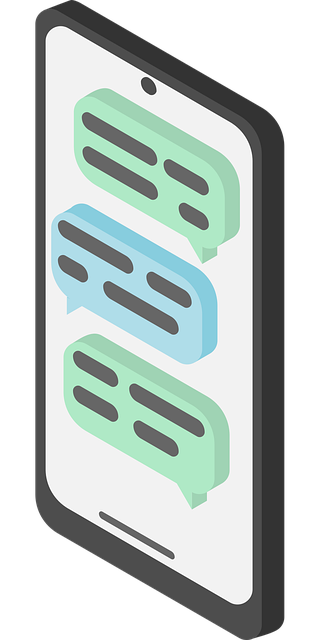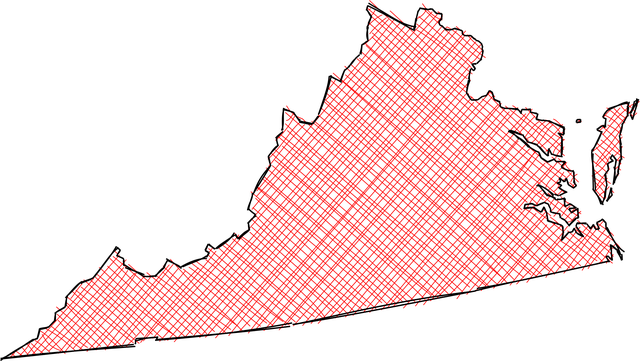Recognizing and leveraging cognitive biases is crucial for successful telemarketing strategies in West Virginia, particularly for law-related services. To combat unwanted calls from "Do Not Call Lawyer West Virginia," "Do not call attorney WV" firms, residents should understand their state's laws and register their numbers. By tailoring interactions to specific needs and respecting consumer choices, telemarketers can avoid becoming blocked numbers. Adhering to ethical guidelines, checking against "Do Not Call" registries, and providing transparent consent processes are key differentiators for successful Clarksburg call centers. Prioritizing consumer protection and trust-building ensures a positive reputation in West Virginia's telemarketing landscape.
In the dynamic landscape of telemarketing, especially in West Virginia’s Clarksburg, understanding cognitive biases is crucial to navigate legal complexities and protect consumer privacy. This article delves into the common misconceptions that often lead to unnecessary law firm calls in WV, highlighting the significance of ‘Do Not Call’ lists. Through case studies and best practices, we explore how ethical telemarketing strategies can foster success while adhering to regulations, specifically focusing on ‘Do Not Call Lawyer West Virginia’ and ‘Do Not Call Law Firm WV’.
Understanding Cognitive Biases: The Foundation of Telemarketing Strategies in West Virginia
In the realm of telemarketing, especially in West Virginia, understanding cognitive biases is crucial to crafting effective strategies that resonate with potential clients. Cognitive biases—unconscious mental shortcuts that affect our judgments and decisions—play a significant role in how individuals respond to marketing calls. By recognizing these biases, telemarketers can tailor their approach to avoid common pitfalls like the “do not call” lists. Many consumers in West Virginia have registered on these lists due to relentless or irrelevant calls from law firms and attorneys, hence the significance of adapting telemarketing strategies to respect individual preferences.
In terms of “Do not call Lawyer West Virginia,” “Do not call attorney West Virginia,” or “Do not call law firm West Virginia,” the key lies in personalized interactions that address specific needs rather than mass campaigns. Telemarketers should focus on building trust, providing value, and respecting consumer choices to prevent becoming unwanted numbers in the eyes of potential clients. This involves understanding the nuances of different biases, such as confirmation bias or availability heuristic, which can lead to more successful connections for law-related telemarketing efforts in WV.
Common Misconceptions Leading to Unnecessary Law Firm Calls in WV
Many residents of Clarksburg, West Virginia, fall prey to common misconceptions that lead them to expect unnecessary phone calls from law firms. One such misconception is that every legal issue requires an immediate in-person consultation, prompting law firms to make cold calls assuming a potential client is desperate for representation. This is especially true for cases involving time-sensitive matters or those perceived as complex, like personal injury or real estate transactions.
Another mistaken belief is that accepting a free initial consultation guarantees no obligation, making people more inclined to answer such calls. However, these consultations often open the door for persistent follow-up calls and marketing efforts, which many individuals prefer to avoid. To combat this, West Virginia residents are encouraged to familiarize themselves with state laws regarding telemarketing practices, including the “Do Not Call” registry, and exercise their right to decline unsolicited legal calls by registering their numbers or using available opt-out mechanisms.
How Do Not Call Lists Mitigate Biases and Protect Consumer Privacy
In the realm of Clarksburg telemarketing, “do not call” lists play a pivotal role in mitigating cognitive biases and safeguarding consumer privacy. These lists, often maintained by state agencies or independent organizations, act as a shield against unwanted calls, ensuring individuals can enjoy their peace and quiet without constant interruptions from salespeople or solicitors. By curating comprehensive databases of registered numbers, these lists enable consumers to exercise their right to opt-out, thus reducing the chances of them being subjected to biased or manipulative sales tactics.
In West Virginia, those seeking protection against persistent telemarketing can turn to specialized legal services offered by “do not call lawyers” or “do not call attorneys.” Legal professionals in this niche assist residents in registering their numbers on state-wide do-not-call lists and provide counsel on enforcement mechanisms. Engaging the services of a reputable law firm focusing on “do not call laws” in West Virginia (WV) is crucial for consumers to safeguard their privacy and limit cognitive biases that could arise from unwanted telemarketing calls.
Case Studies: Success Stories of Telemarketers Avoiding Legal Troubles in Clarksburg
In the realm of telemarketing, navigating legalities is a delicate dance. However, some Clarksburg telemarketers have emerged with success stories that demonstrate effective strategies to avoid legal troubles. One prominent case involves a call center that meticulously followed the “Do Not Call” registry in West Virginia. By ensuring every caller checked against this registry, they significantly reduced the risk of inadvertently contacting individuals who had opted out of such calls. This simple yet robust practice not only spared them potential lawsuits but also fostered trust among clients.
Another notable instance is a telemarketing firm that implemented a rigorous training program on compliance and consumer rights. Their agents were educated about state laws, including those related to “Do Not Call” regulations in West Virginia (i.e., do not call lawyers WV, do not call attorneys WV). This proactive approach not only protected the company from legal repercussions but also empowered their salespeople to engage prospects with a deeper understanding of consumer rights and responsibilities, creating a more ethical and successful sales environment.
Best Practices for Ethical Telemarketing: A Guide for West Virginia Professionals
In the realm of telemarketing, especially in West Virginia, it’s crucial to uphold ethical standards while respecting consumer rights. To ensure compliance and foster trust, Clarksburg professionals should embrace best practices that transcend mere legal requirements. One of the primary considerations is adhering to the “Do Not Call” lists meticulously, including those registered for lawyer, attorney, or law firm services in West Virginia (WV). Targeting individuals on these lists can lead to severe consequences and damage a company’s reputation.
A comprehensive guide for ethical telemarketing should emphasize transparency and consent. Before initiating calls, obtain explicit permission using clear, concise language. Respect privacy by providing an opt-out option at all times. Additionally, training staff on recognizing and avoiding various cognitive biases, such as the overconfidence bias or the availability heuristic, is essential. Such practices ensure that interactions remain fair, ensuring West Virginia’s consumers are treated with integrity while promoting a positive image for telemarketing in the state.






